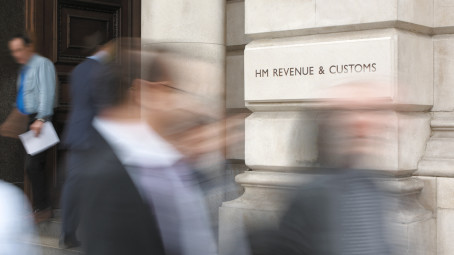Experienced Investor
Dividend allowance cut could hit 90,000

The government has reintroduced plans to cut the dividend tax break, hitting personal investors funding their retirement.
The government will reduce the tax-free allowance on dividend income from £5,000 to £2,000, resulting in an additional tax bill of £80 a month for a higher rate tax payer.
The changes will only apply to those taking dividends outside an ISA or pension wrapper, but could affect pensioners who use dividends to generate an income, or self-employed people taking dividends via a personal services company.
The Share Centre said 90,000 investors could be hit when the new legislation comes into effect in April 2018. The group’s pre-election survey of 1,000 of its customers – when asked what action the new government should take to support personal investors – found over half (53%) said it should protect the dividend tax allowance.
Darren Cornish, director of customer experience at The Share Centre, said: “This measure, like the proposed increase in Class 4 National Insurance which was subsequently scrapped, was intended to level the playing field between the employed and the self-employed. However, an unintended consequence is that it hits those who are using dividends to fund their retirement.
“A significant number of our customers have portfolios over £50,000 that are not being held within a tax efficient wrapper such as an ISA. These are not company directors paying themselves through dividends – many are pensioners who turned to investing because interest rates were so low. They could see their tax liability increase by hundreds or possibly thousands when the allowance is reduced.”
Cornish said that the lack of certainty surrounding the rules was very unhelpful for investors looking to plan appropriately. He suggested investors consider selling their investments and repurchasing them within an ISA, sometimes known as ‘Bed and ISA’. There will be costs associated with this and it may leave investors open to capital gains tax if it goes over the annual tax-free gains allowance of £11,300, so investors should proceed with caution.